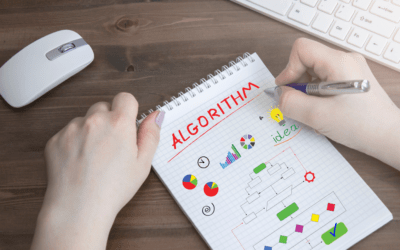How Computer Fundamentals Equip Students for Success
Understanding the basics of computer science is no longer optional for students to be future-ready, as the world becomes increasingly reliant on digital technologies not only for careers, but for everyday life.
Teaching Students to Think Like Programmers | Learning.com
Recent discussions in education emphasize the importance of teaching students to think like computer programmers. Computational thinking involves problem-solving skills such as decomposition, pattern recognition, abstraction and algorithm...
Defining Computational Thinking
Computational thinking is a problem-solving process that involves various techniques and thought processes borrowed from computer science. It includes skills such as decomposition, pattern recognition, abstraction and algorithmic thinking, enabling...
Supporting Texas Students in Becoming Tech-Strong: Expert Strategies
The rapidly evolving technological landscape means students must develop robust digital skills to thrive in future careers. Texas recognizes this through its substantial educational framework, the Texas Essential Knowledge and...
Algorithmic Thinking: A Critical Skill for Today’s Students
For many people, “algorithmic thinking” conjures visions of a Good Will Hunting whiteboard with extensive equations and symbols long forgotten in our educational memory. For others familiar with coding curriculum, it’s an important step in...
How Were the TEKS Created & What is Its Significance?
The Texas Essential Knowledge and Skills (TEKS) framework details the educational standards in the state of Texas, providing a comprehensive outline of what students are expected to learn from kindergarten through 12th grade....






